Seattle Consignment Business Our Fabric Stash Redistributes Sewing Materials
Seattle consignment business with a conscience redistributes textiles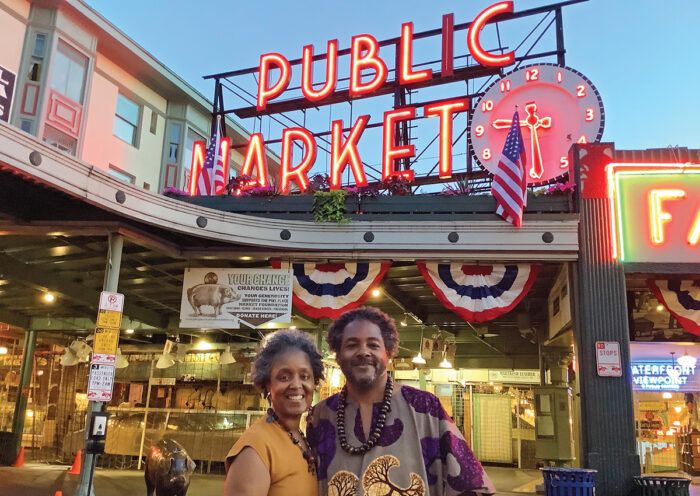
Our Fabric Stash owner and founder Deborah Boone started her Seattle-based business after a sudden moment of realization. It came when she and her husband and cofounder, Gary, were looking over piles of fabric in a garage more than two decades ago. She envisioned a future in which a fabric could change hands to serve a fresh purpose for a new owner—a boon for the seller and for the buyer.
The idea grew into an international business with headquarters and a storefront in Seattle’s Pike Place Market.
At its foundation, Our Fabric Stash is a consignment store for sewing/fabric stash-aholics on a grand scale. Beyond its local customer base, there are scores of national and international consignors.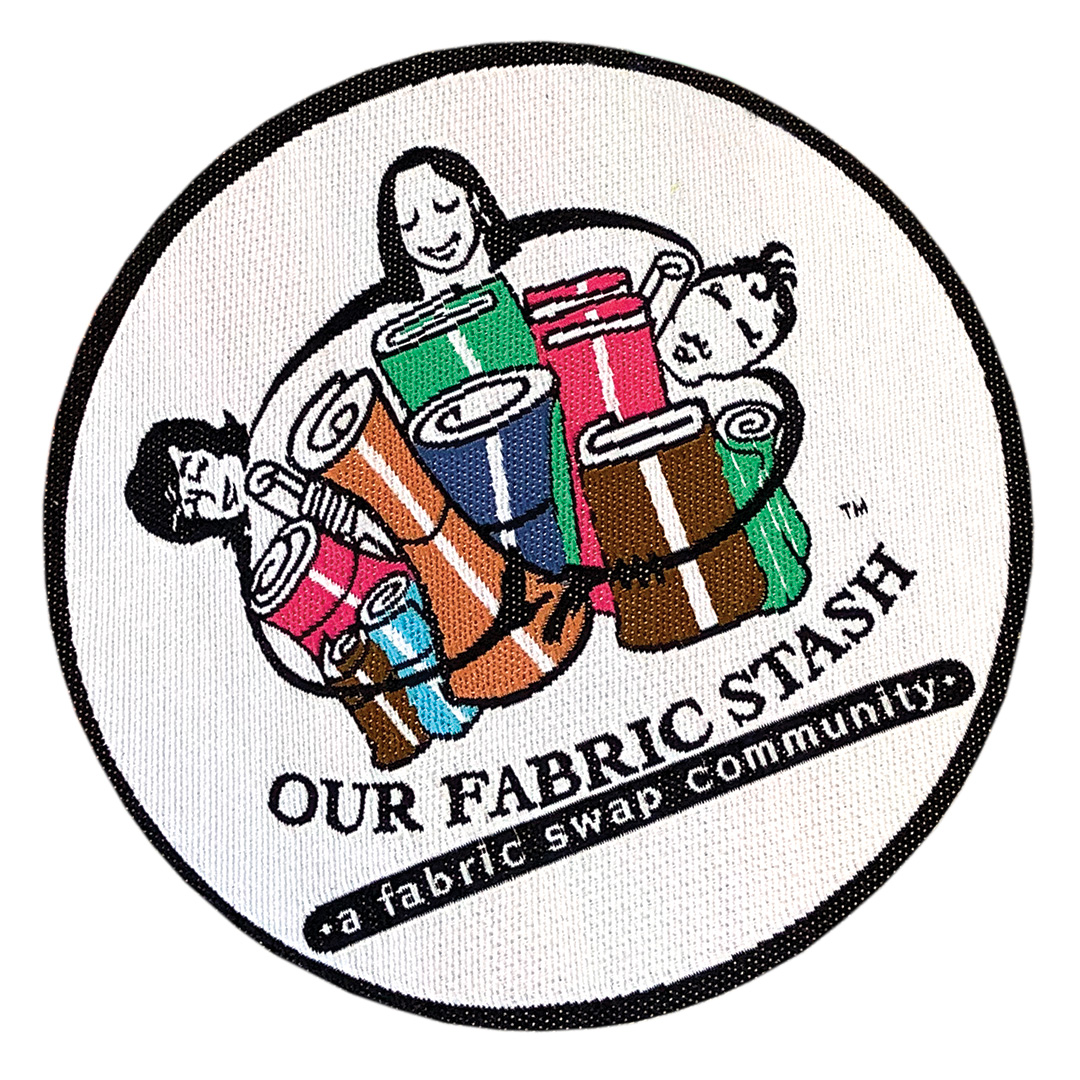
Our Fabric Stash helps sewers purge, or add to, their stashes. Consignors send in the fabric they don’t want or need, and Our Fabric Stash sells it in the store or online—saving people the hassle of listing it and advertising it—and then shares the profits of sales with the consignors. The profit percentage a consignor earns depends on which one of Our Fabric Stash’s three membership subscription levels they choose.
Through this consignment concept, the business also brings an environmental solution to market: helping to extend the life cycle of fabric and craft materials.
Our Fabric Stash follows the motto, “Recycle, Repurpose, Reuse, Replenish” in many ways. They share knowledge through classes as a means of passing on the art of sewing and crafting from one generation to the next. They also offer alteration and repair services for fabrics and knitwear. They limit the amount of wasted fabric in product development and production for in-house products and those developed for customers. Plus, they promote the use of reusable shopping bags.
Deborah says bringing awareness to social initiatives is also a priority. Her company has developed a series of in-person and online classes, including one on sewing cushions for the homeless. It helps the community while boosting participants’ sewing skills. Also, all membership options come with a give-back incentive to a charity of the member’s choice. Visit OurFabricStash.com to shop and learn more about memberships, consignment, and classes.
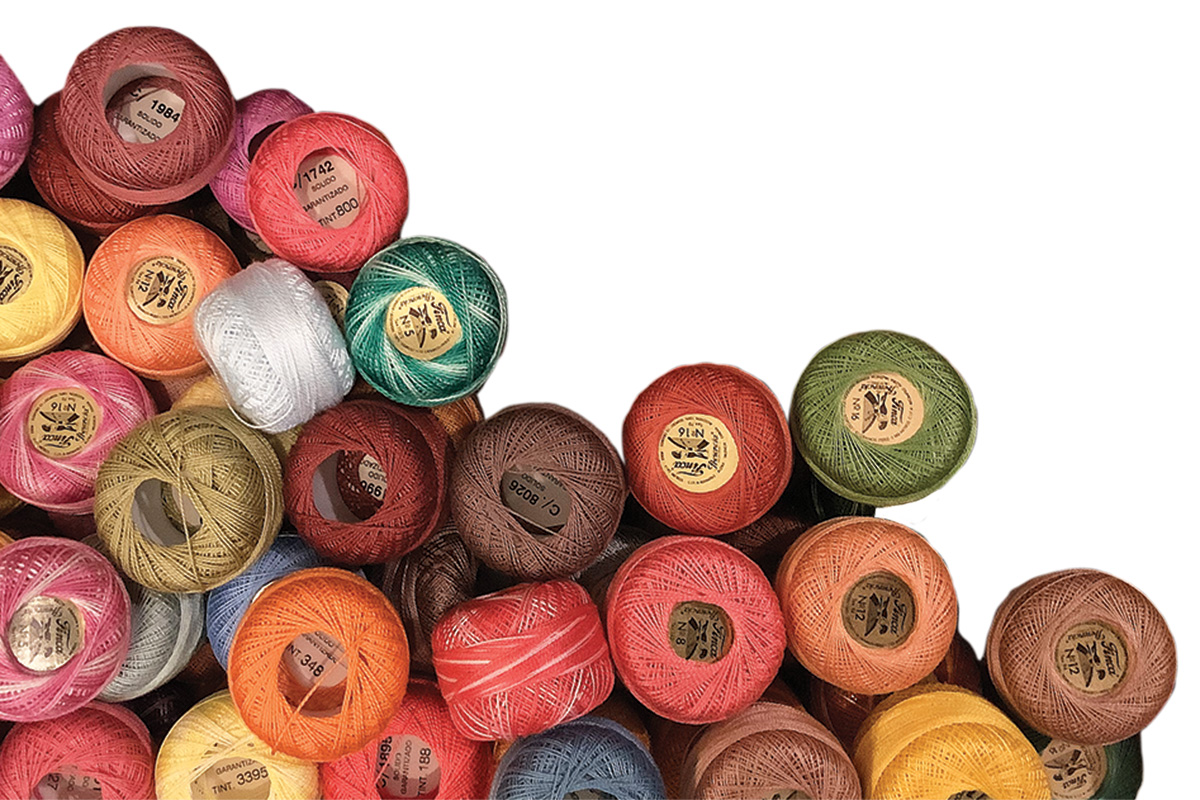
Threads: What was the Our Fabric Stash debut as a twice-annual event in 2009 like?
Deborah Boone: There was anticipation and lines formed hours beforehand. Through the events, we provided customers with a first-of-its-kind experience and they welcomed the opportunity to participate in an original idea; expressed comments of it being well organized; loved the abundance and variety of items available; enjoyed meeting and being among like-minded new friends; were delighted to purge their stash into cash and glad to know that their items would find a new home; and were thrilled to add new items to their stash. There were customers of all ages at the sale events, from both within and outside the region.
TH: How did you get started in sewing?
DB: On the surface, it starts with a book, a sewing machine, a tutor, and an eager student. Beneath the surface, there is a love and passion for pretty things and a faith in something greater than oneself. A mentor gave me a sewing machine and a book and told me to “go read.” She helped me correct mistakes along the way, and I fell in love with the nuances of what sewing really meant. It was after my mentor’s death in 1994 that the idea of a fabric and craft consignment online store came to me. She had turned her garage into her sewing room, and it was filled with an abundance of fabrics from her travels all over the world. It occurred to me that others had cultivated stashes over the years and, upon their passing, doing the most to preserve it is the most responsible thing you could do for their legacy.
TH: Did the first storefront, opened in 2013, change your work?
DB: The scope remained the same. However, it allowed us to run a seamless and continuous experience. We had fabric, notions, machines, patterns, yarn, and beads bursting at the seams and we were challenged with staying as organized as we were with the event sales. New services that we added to the business with the storefront included alterations, custom sewing, classes, community-cause projects, and neighborhood play dates.
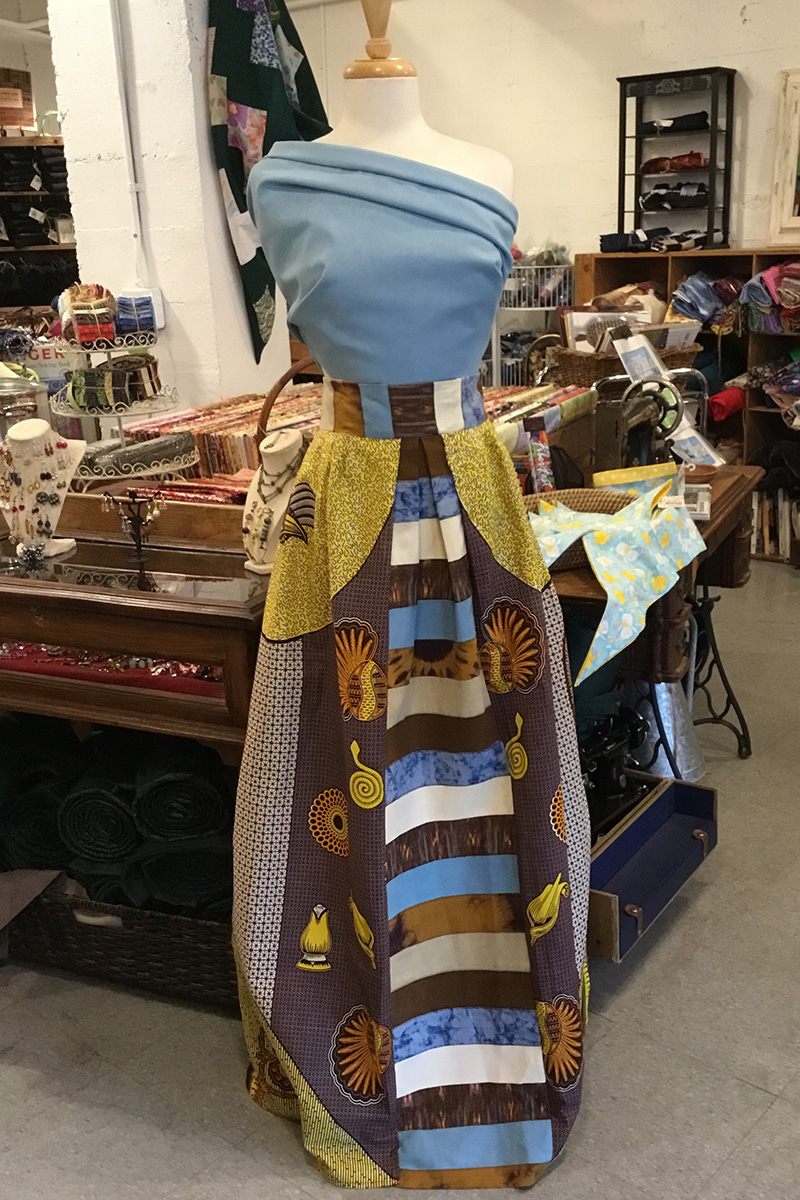
TH: How does your website extend the reach of your business?
DB: There was an online presence from the beginning that allowed us to market to customers within and outside the region, both nationally and internationally. The customer breakdown is 50 percent local, 40 percent national, and 10 percent worldwide. We developed a custom system that keeps track of consignor inventory and sales data. Customers can call for updates or log into the system to view their account status.
TH: Are you discerning about which consignment items to accept?
DB: We have a standard. We require items to be clean and odor- and pet hair-free. We have been fortunate—customers have typically maintained pristine and well-cared-for stashes. We confirm the intake and place the final tag on the items. And, on occasion, we may iron items or provide new packaging. Stashes coming from outside the region follow the same process, but get shipped to our back-office location. Some folks make road trips to drop off their stashes.
TH: How did the pandemic affect your fabric community?
DB: For the majority of 2020, we put a moratorium on intake. When we lifted the moratorium, we quarantined the items for 30 days. The storefront was closed from March to November 2020. However, we offered curbside and delivery service from the back-office location for mask-making supplies only. After reopening, we went to shorter business hours and appointment-based shopping.
TH: Tell more about the virtual and in-person class offerings.
DB: We meet customers where they are…with one-on-one sessions and custom-based classes teaching a variety of different techniques. Our cause-based projects are opportunities for people to engage by volunteering and learning how to sew.
TH: What are your future plans for the business?
DB: Plans are underway to franchise the business concept nationally. Interested parties are encouraged to contact us at [email protected] for further details.
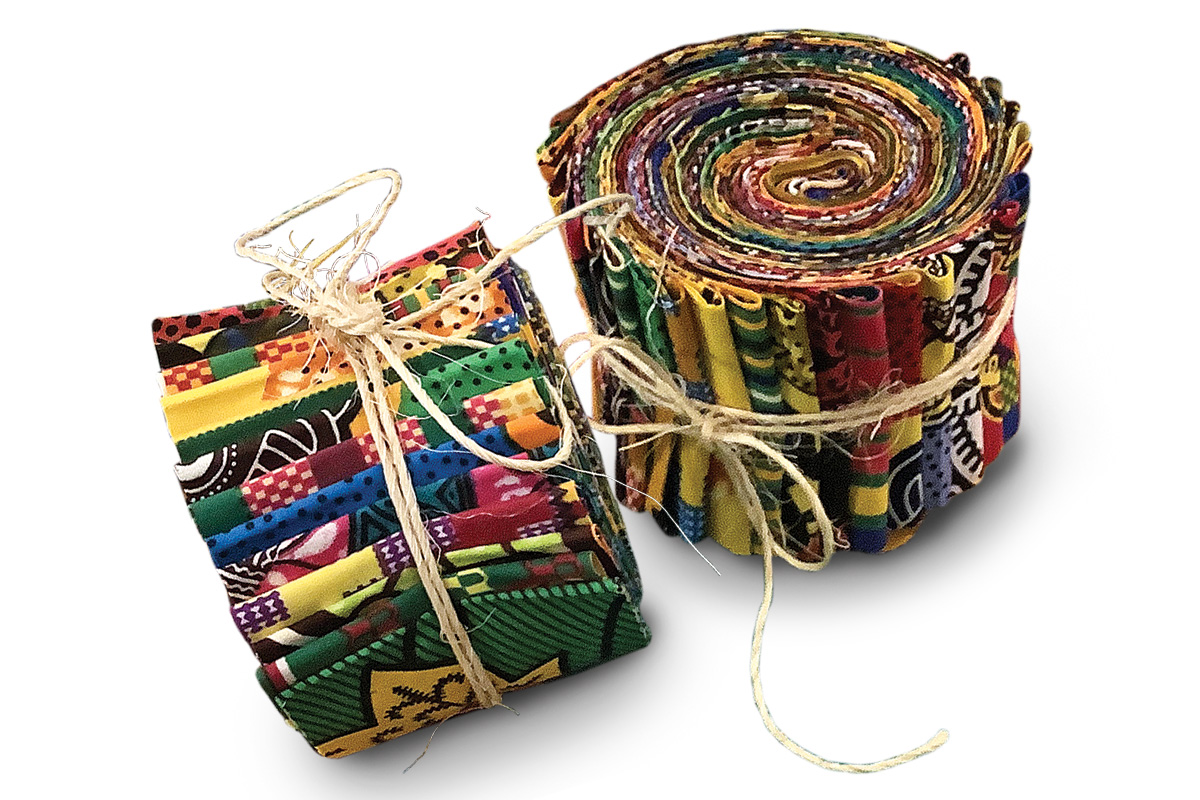
Sarah Opdahl is a writer and editor with a passion for hands-on activities such as sewing, cooking, and crafts.

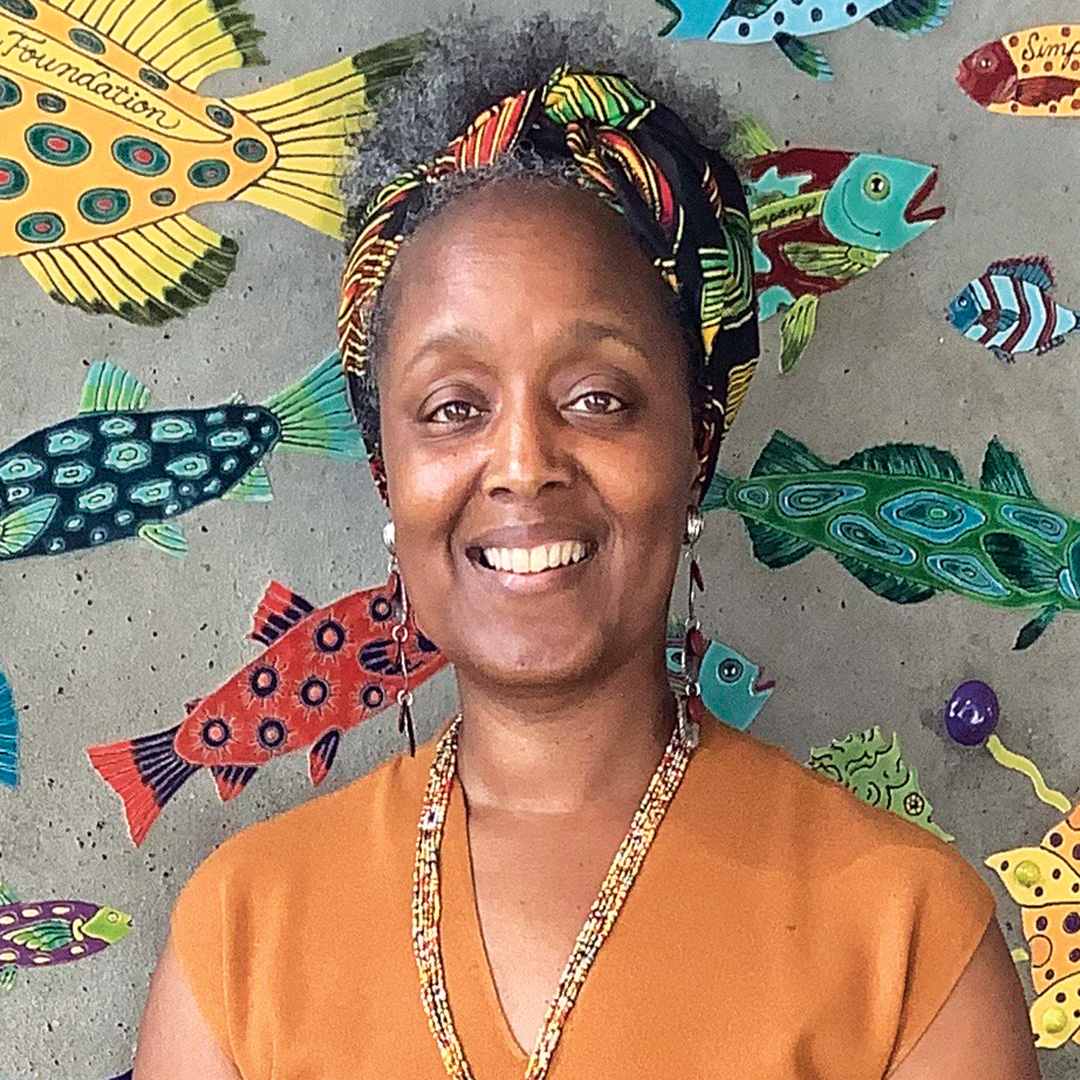
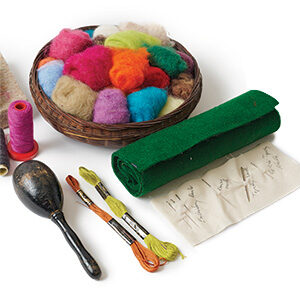

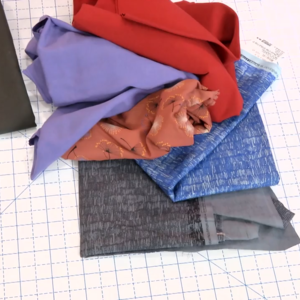





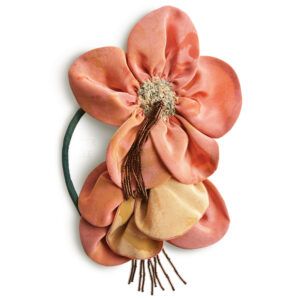
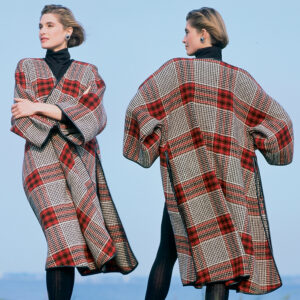
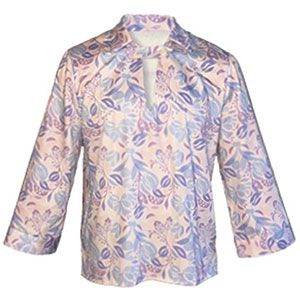
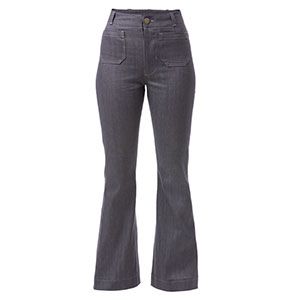
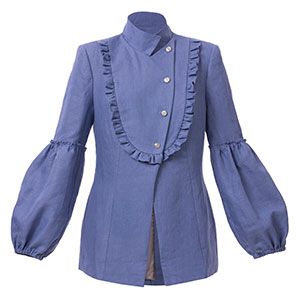
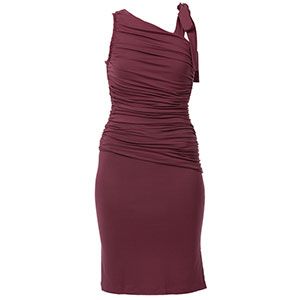
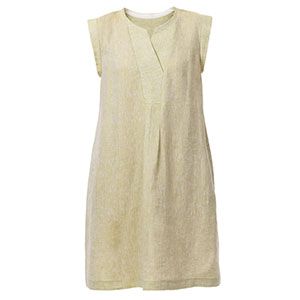
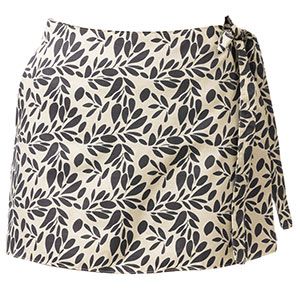
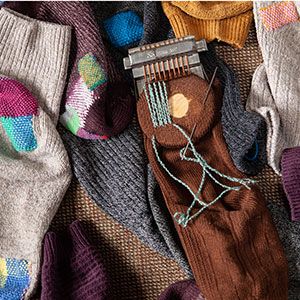
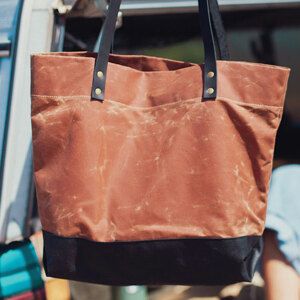
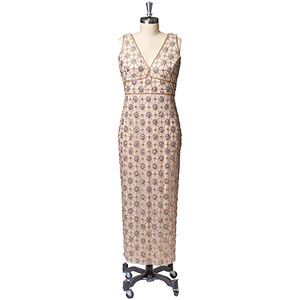
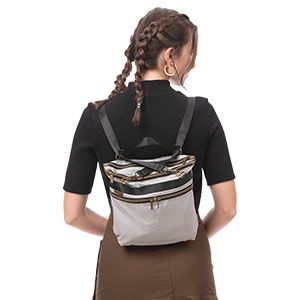
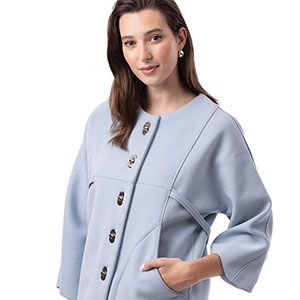
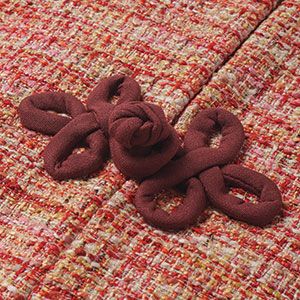
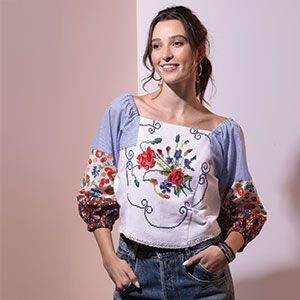




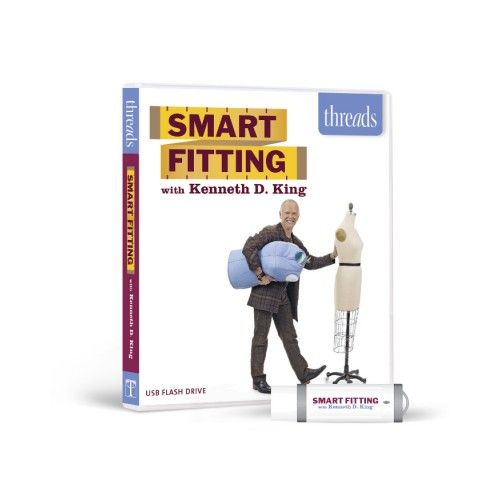
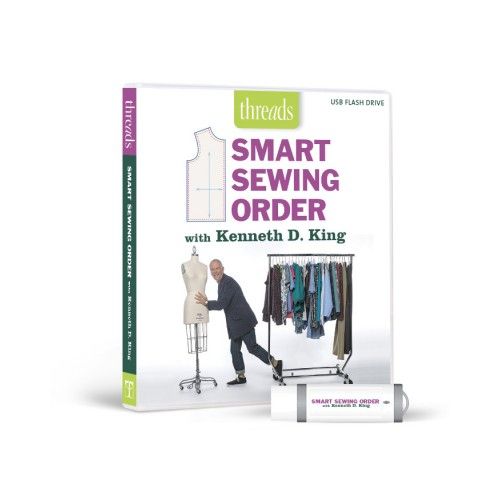

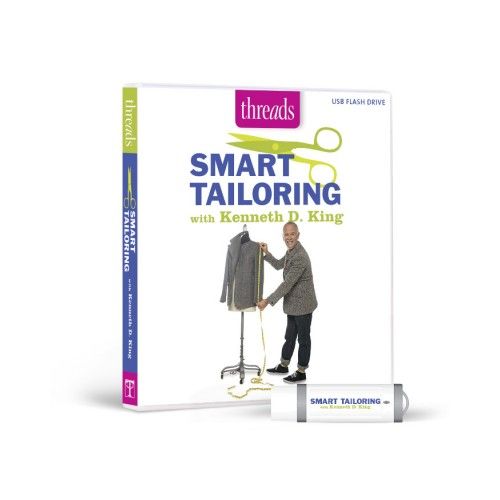



Log in or create an account to post a comment.
Sign up Log in